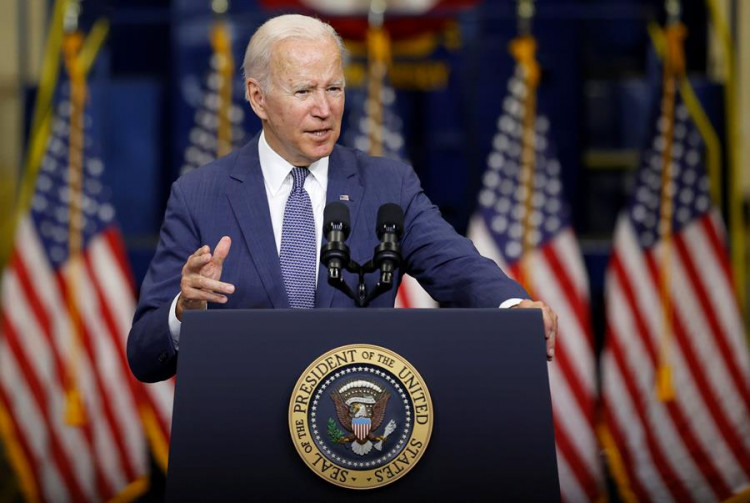Despite significant policy differences between President Joe Biden and his predecessor, Donald Trump, one area of unexpected continuity has been in trade policy towards China. The Biden administration has chosen to maintain tariffs on approximately $370 billion worth of Chinese imports, a move originally made by Trump to discourage American dependence on Chinese goods and bolster domestic manufacturing.
These tariffs cover a range of specialized components crucial for American manufacturers to assemble products domestically. While Trump's imposition of these duties was intended as a strategic deterrent, it raised concerns among US companies about the potential competitive disadvantages and financial losses they could face due to the "flawed" process of granting tariff exclusions to certain industries.
Throughout his term, Biden has preserved these tariffs under the scrutiny of the US Trade Representative, reinforcing a stance that aligns closely with his broader economic objectives. Katherine Tai, the current US Trade Representative, articulated the rationale behind this decision during a conversation with former Trade Representative Michael Froman at the Council on Foreign Relations.
Tai highlighted that the tariffs, in conjunction with legislative measures such as the Infrastructure Investment and Jobs Act, the Inflation Reduction Act, and the Chips and Science Act, have significantly contributed to the administration's success in expanding the domestic manufacturing sector.
According to Tai, the synergy of these policies has been instrumental in creating nearly a million manufacturing jobs since Biden assumed office, a figure supported by data from the US Bureau of Labor Statistics which indicates an increase of over 750,000 manufacturing positions during Biden's presidency. This job growth is viewed as a direct consequence of the administration's comprehensive economic strategy, wherein trade policy plays a crucial role alongside other legislative initiatives.
Tai's comments underscore the importance of viewing these tariffs within the broader context of the Biden administration's economic policies. By retaining Trump's tariffs on Chinese imports while implementing significant domestic investment acts, Biden aims to strengthen the US manufacturing base and reduce reliance on foreign imports.
This approach reflects a nuanced understanding of trade policy as an integral component of broader economic objectives, emphasizing the need for a holistic analysis of how various policies interact to shape the economic landscape. As the administration continues to navigate the complexities of US-China trade relations, the retention of these tariffs signifies a strategic effort to realign the nation's economic priorities towards domestic production and job creation.






